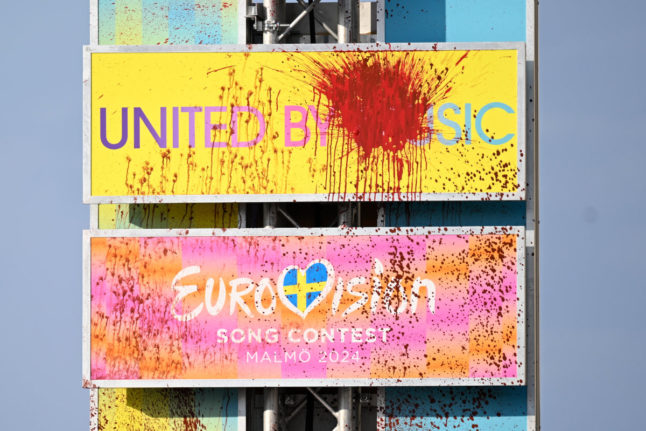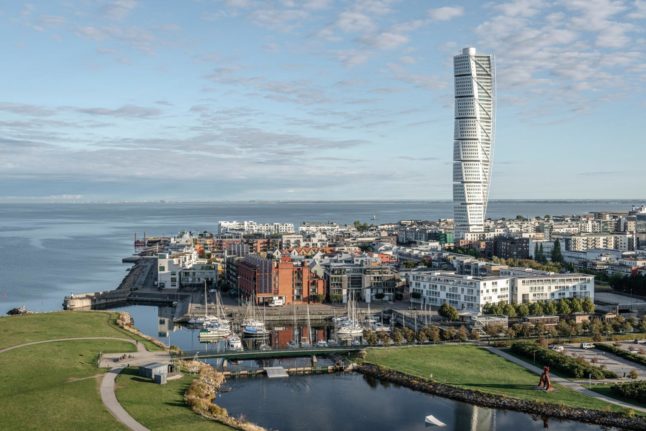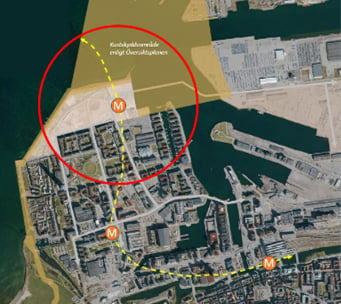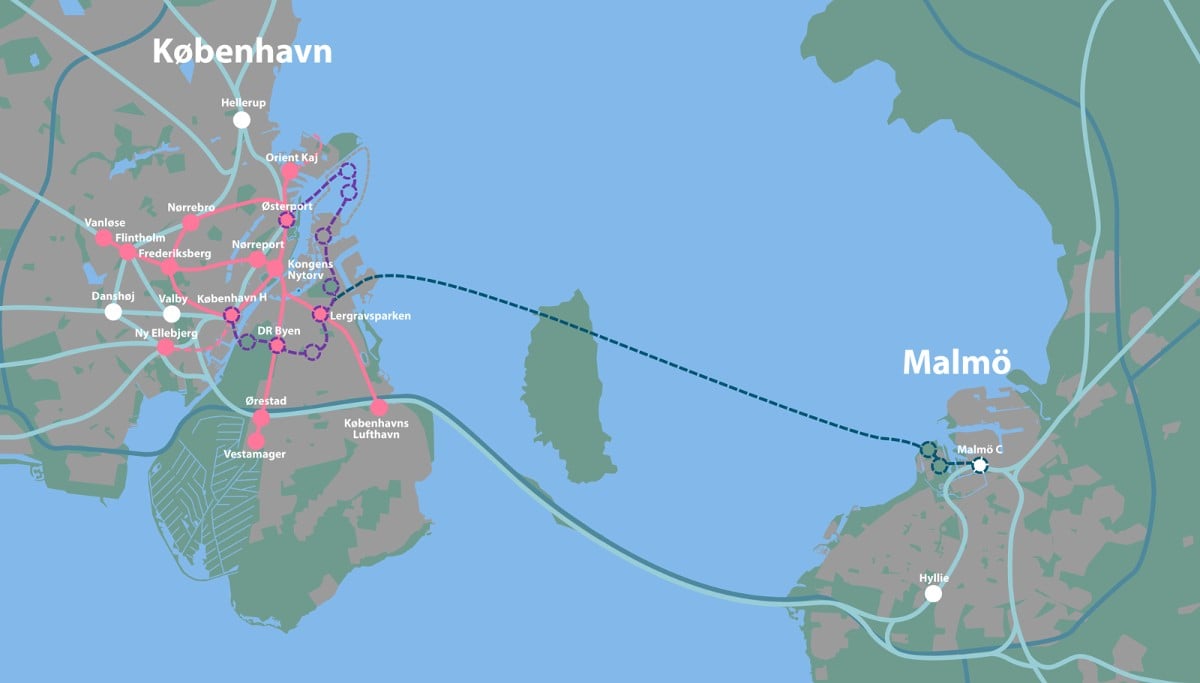With less than two months to go until Eurovision gets underway in Malmö, police in the southern Swedish city have already received several permit applications for demonstrations against and in favour of allowing Israel to compete, reports the TT newswire.
The first application would see 10,000 people (according to the organiser’s expectations) march between the Stortorget and Möllevångstorget squares in protest against Israel’s participation.
Another application is for a demonstration outside Malmö Arena, where the Eurovision semi-finals and final will be held. The organiser wants to play Israel’s entry and wave Israeli and Swedish flags.
The third one is for a demonstration outside Malmö Arena against the war in Gaza.
Neither of the demonstrations has yet been approved by police.
In general, the default is to allow protests to go ahead under Sweden’s strong free speech laws, enshrined in the constitution. Demonstration permits may only be denied if there are concrete indications that they could pose a threat to security or public order.
The thousands of people who are expected to descend on Malmö for Eurovision and heightened security in the city during the event could potentially make it harder to organise safe protests.
In addition to that, some areas that would normally be considered public spaces will be used by Malmö City Council for Eurovision fan events, which means protests can’t be held there.
“As far as Malmö City is concerned, it’s not yet clear what’s going to be used as public spaces. We are keen for it to be possible for all demonstrations to be carried out in as safe a way as possible,” police spokesperson Nils Norling told TT, adding that police haven’t ruled out that more permit applications will come as Eurovision draws nearer, or that spontaneous protests will break out.
It is legal to take part in a demonstration without a permit, but the organiser may be fined. Police may break up the protest if it is causing public disorder, security risks or blocking traffic.
The European Broadcasting Union last week gave Israel permission to compete after it rewrote its entry and changed its name to Hurricane.
The previous version, October Rain, was seen as being too political as it made several apparent references to Hamas’ terror attack on Israel on October 7th.
But Israel’s participation has nevertheless sparked controversy following its heavy counter-attack on Gaza.
In Sweden, more than 1,000 musicians, including world-famous artists like Robyn, signed an open letter accusing EBU of hypocrisy in the face of the “humanitarian catastrophe” in Gaza.
A major digital sign set up in central Malmö to promote Eurovision, sporting slogans such as “United by music” and “We are one”, was vandalised in the early hours of Monday.
Red paint had been thrown at the sign, alongside the words “Free Gaza”.





 Please whitelist us to continue reading.
Please whitelist us to continue reading.
Member comments